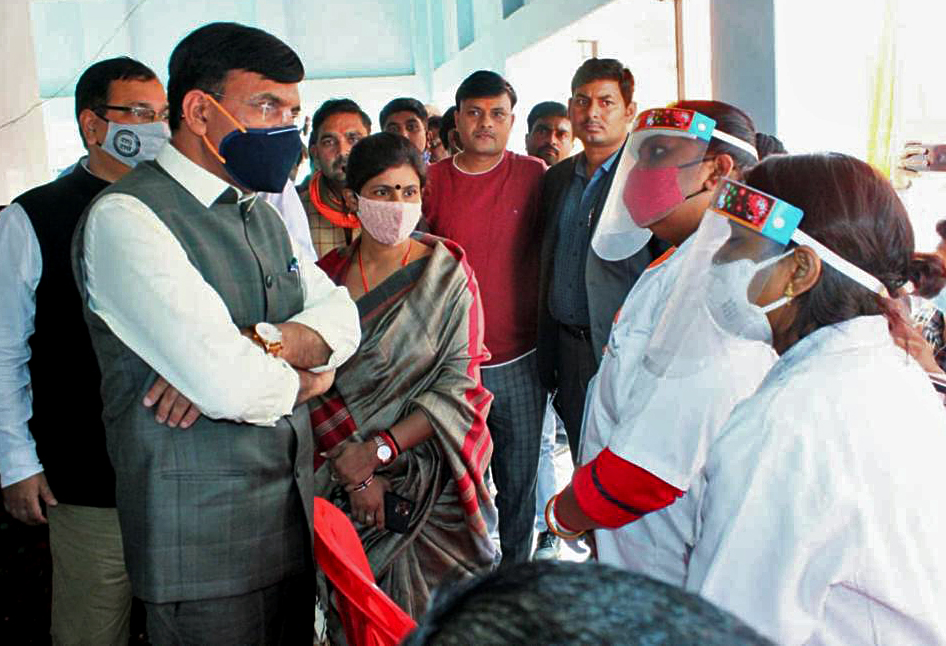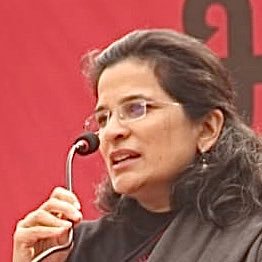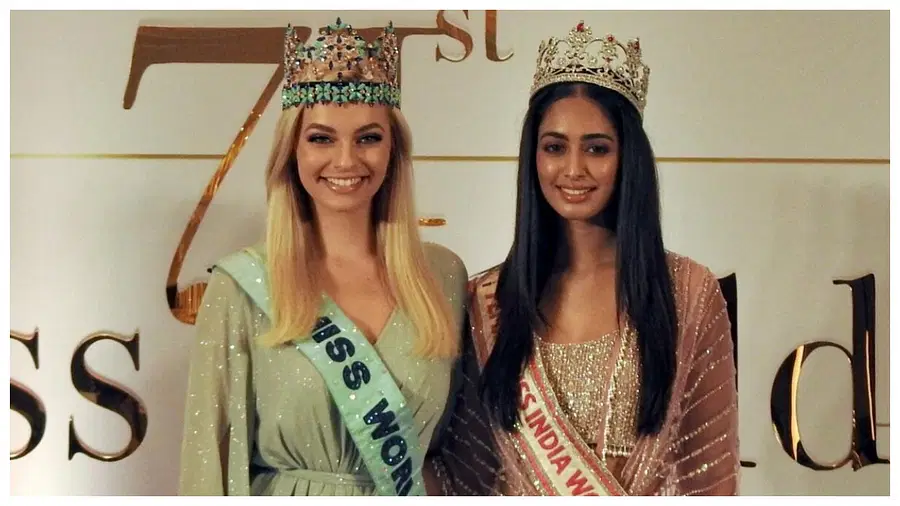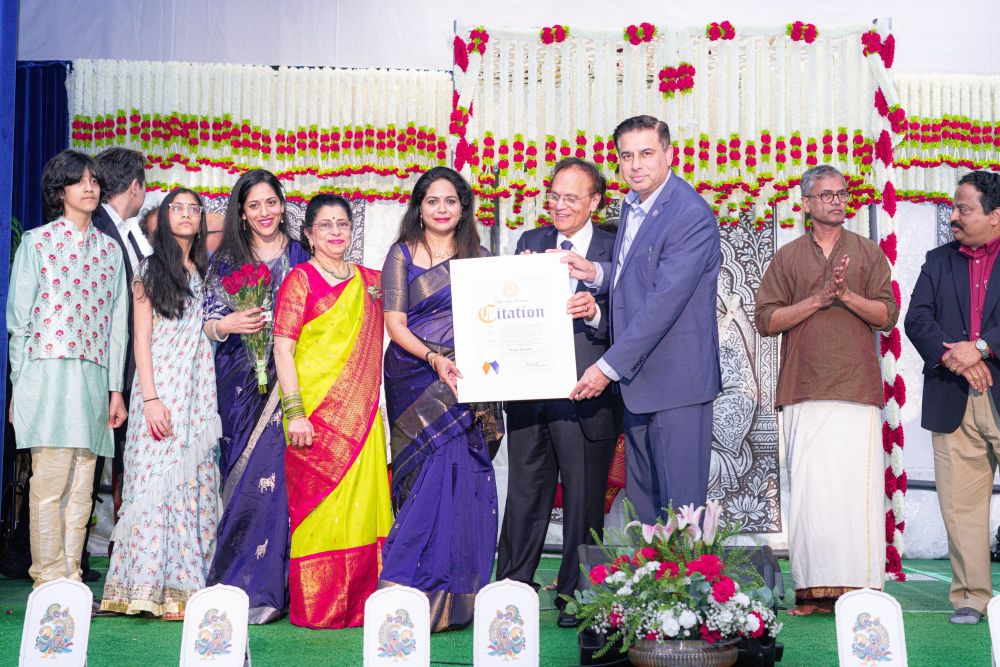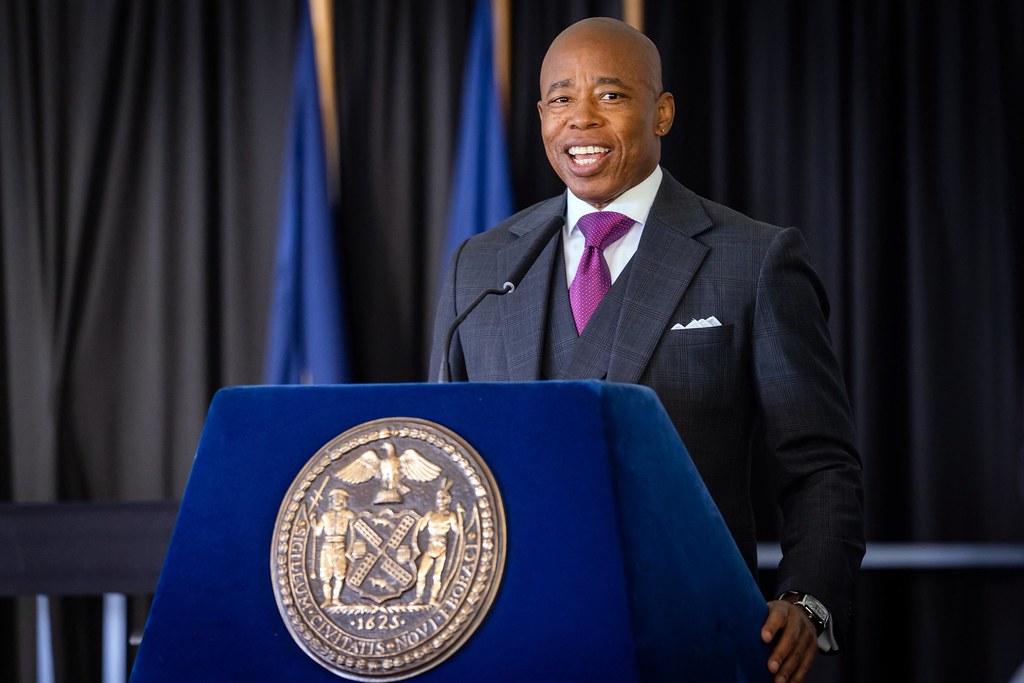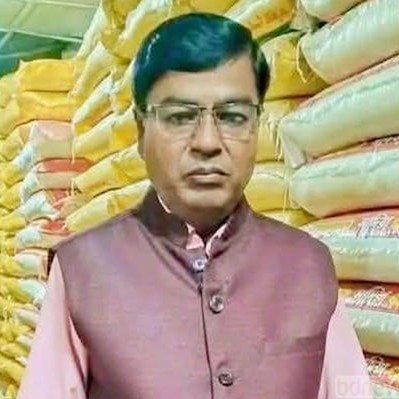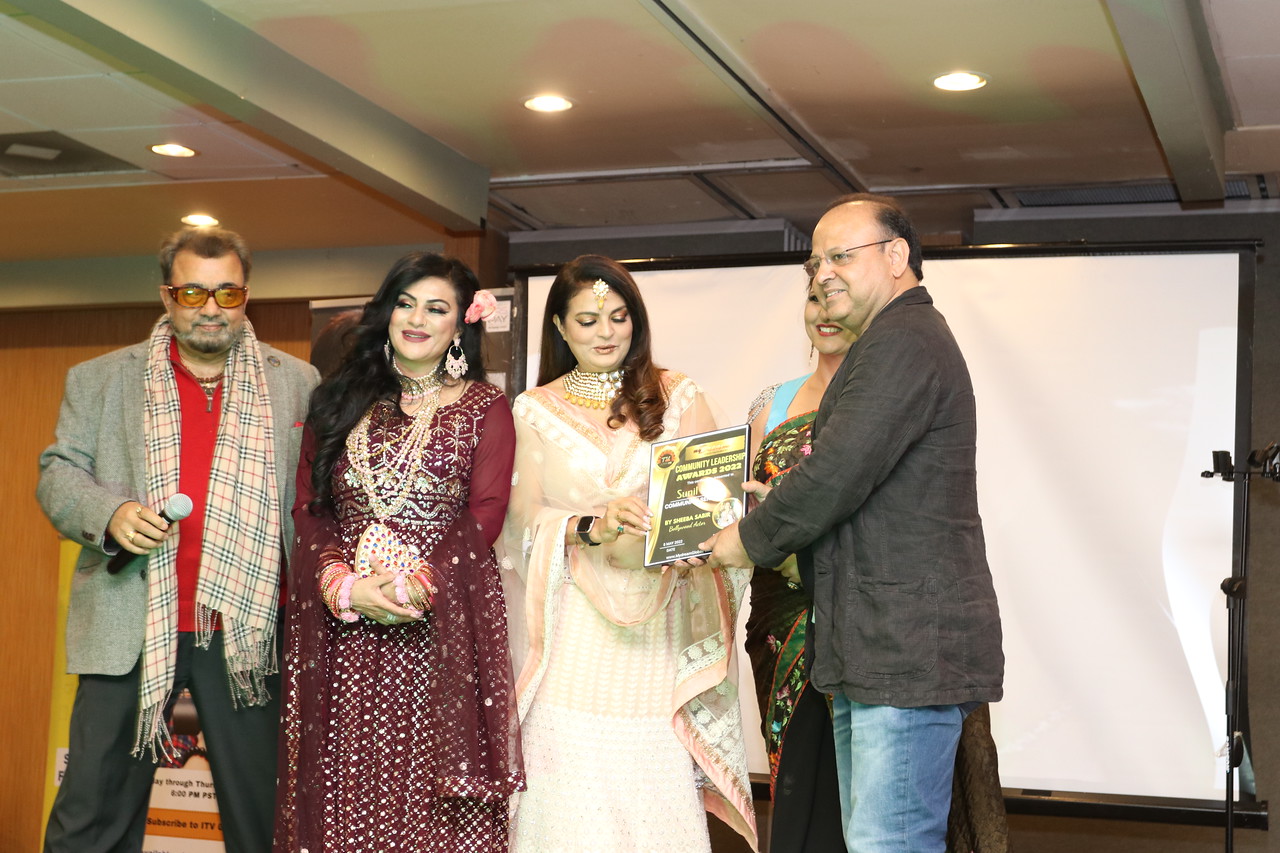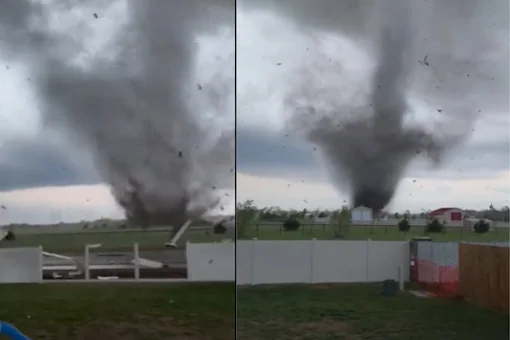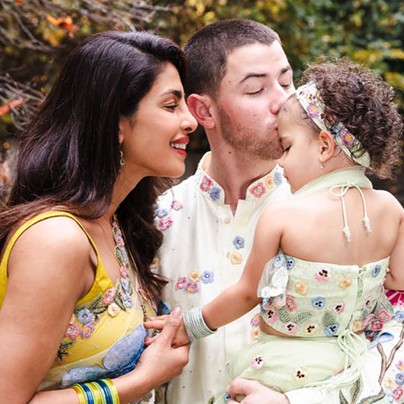India’s cumulative COVID-19 vaccination coverage crossed 110.79 crores (1.1 billion) on Friday, but children below 18 still not vaccinated
Our Bureau
New Delhi/Lucknow
As a part of Har Ghar Dastak (door-to-door) campaign, Union Health Minister Mansukh Mandaviya visited parts of Lucknow district and enquired from villagers whether they were vaccinated with COVID-19 doses. Har Ghar Dastak is a campaign of the Central government to provide door-to-door delivery anti-COVID doses. After meeting the villagers, the minister and UP Minister of State for Women Welfare Swati Singh instructed the officials to put out a sticker saying “everyone has been vaccinated in the house” after the process of jabbing is completed.
Meanwhile, the Delhi Government told the High Court on Friday that the policy related to door-to-door vaccination has already been formulated by the Centre and implemented by the States. The submission came during the hearing of a petition of an 84 years old woman seeking door-to-door vaccination for super-senior and bed-ridden citizens.
Advocate Manan Aggarwal argued that in several states the door-to-door policy has been started but there is no official statement from Delhi Government in this regard and the petitioner has still not been vaccinated. The Bench of Justice DN Patel and Justice Jyoti Singh on Friday adjourned the matter for January 12, 2022 and granted time to Delhi Government to file an affidavit in this regard.
The petitioner recently moved the Delhi High Court through a Public Interest Litigation (PIL) seeking direction to the Centre and Delhi Government to introduce a helpline number for registration of covid-19 vaccine and a policy on an urgent basis for door-to-door covid-19 vaccination for super senior and bed-ridden citizens in Delhi.
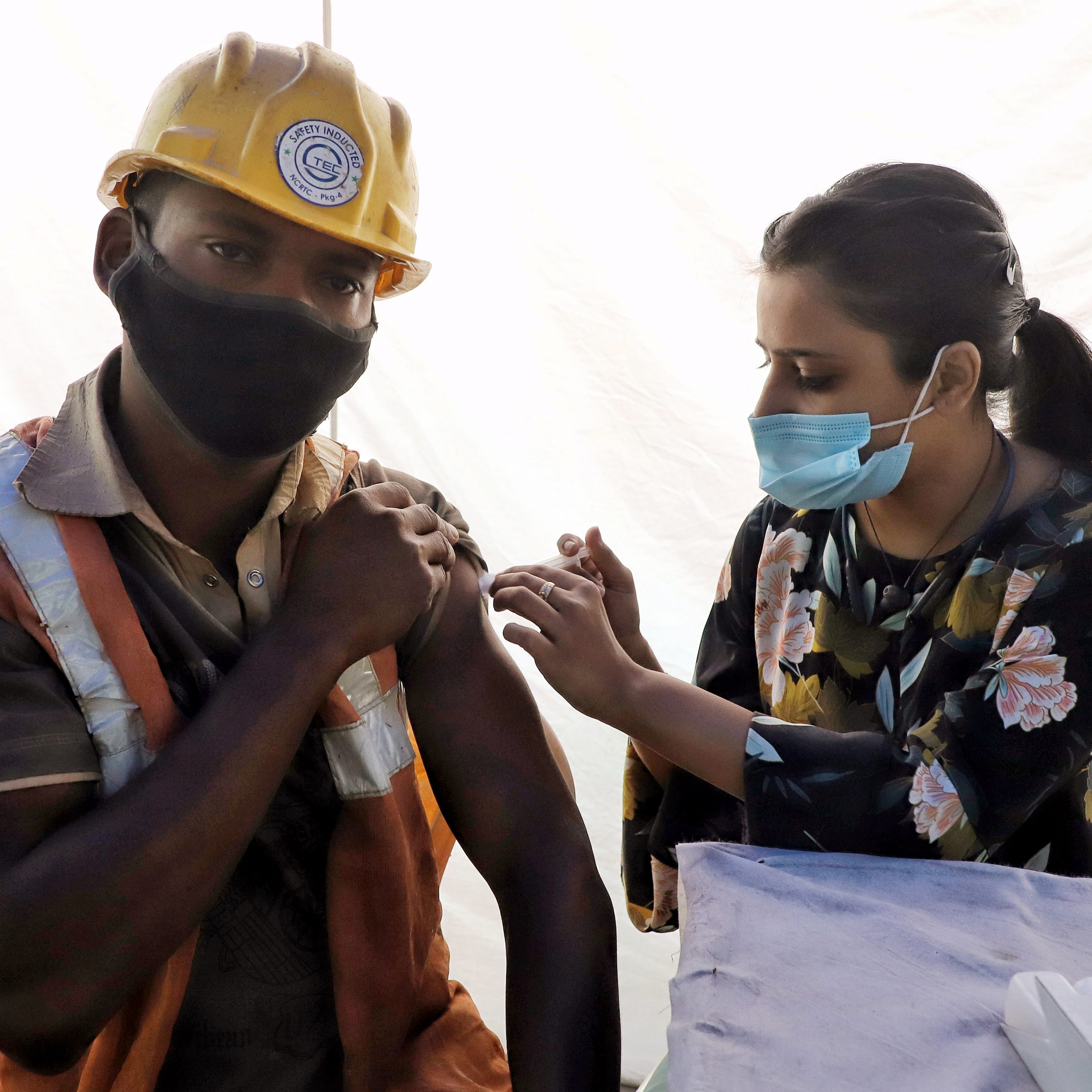
Dhiraj Aggarwal, an octogenarian through her petition stated that super senior and bedridden citizens are unable to go physically to the vaccination centers to get themselves vaccinated thus becoming vulnerable to the Covid-19 virus. The petitioner stated that, if she goes to the vaccine center she can be exposed to the COVID-19 virus which will be life-threatening at her age. The petitioner is also suffering from arthritis and is mostly bed-ridden and for her to get up and go to a vaccination center and wait for her turn to get the vaccine is not possible and due to her condition, she could not get any shot of the Covid-19 vaccine till date.
The petitioner further stated that many of the fellow super senior and bed-ridden citizens do not have the facility of personal transport or do not even have a family thus making it difficult for them to get registered on the Co-WIN Application and go to the vaccination centers to get themselves vaccinated.
Many countries like Singapore, Australia already have a system in place to vaccinate old and bed-ridden citizens at their homes by sending a team comprising a doctor and a nurse at home to administer the vaccine shot. The respondents must introduce a helpline number for registration of COVID-19 vaccine and a policy on an urgent basis for door-to-door COVID-19 vaccination for super senior and bedridden citizens in Delhi, the plea stated.
Meanwhile, it has been proposed that COVID vaccine booster dose should be given to people with comorbidities. Speaking to ANI, Dr Padma Srivastava, Head of the Department, Neurosurgery, AIIMS, New Delhi, said, “We do not have a consensus on when and what booster dose people should receive. The first thing that comes when you vaccinate is called immune memory. And, the immune memory is based on two basic systems, humoral and cellular. Roughly it is T cell and B cell. When it comes to antibodies, they are a type of immune memory. These protective cells can recognize a virus and fight and kill it. That is how you stay protected in laymen terms.” Dr Padma further said that there are studies that suggest the waning of antibodies after six months of vaccination. She said some countries have started booster doses for those who are vulnerable to infections.
Dr Padma said in India 35 per cent of India’s population are fully vaccinated adding that a considerable section including children still needs to be vaccinated fully. “We need to also understand how much of it is ethical when a large section is yet to be vaccinated. Then there is also some caveat. There are some vaccines that are nearing expiry, and you need to quickly deliver them. So, in that situation, can we quickly deliver if it is possible to some people who would have these booster doses. So, these are all operational and logistic issues,” Dr Padma added.
















